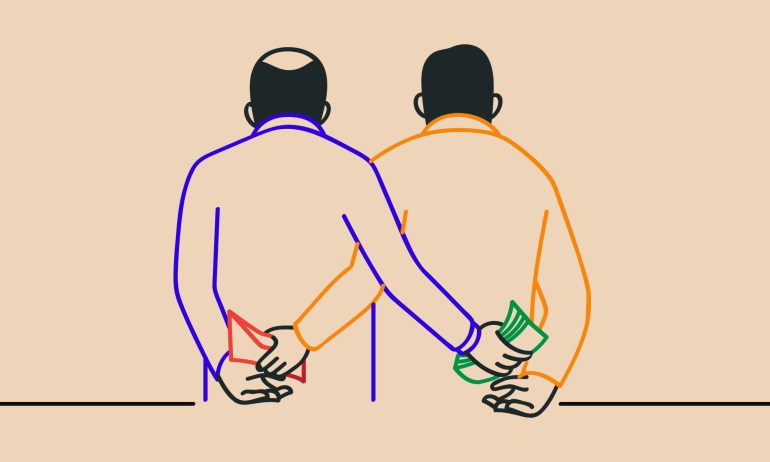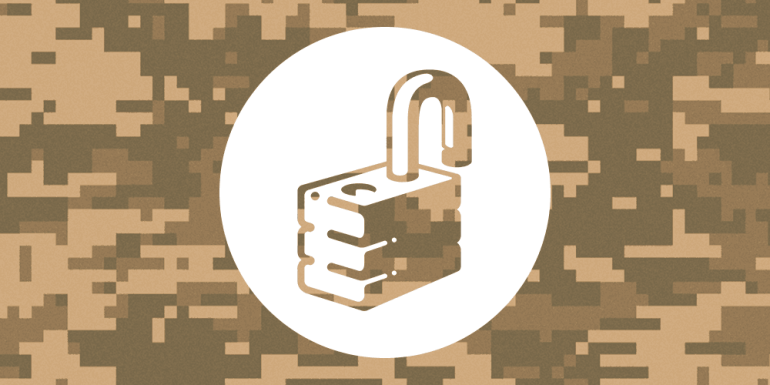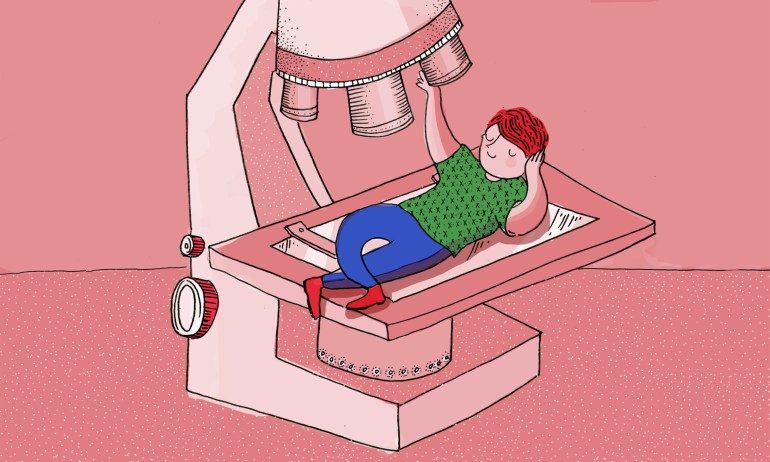
Business
Can corruption ever be eliminated in the world? Boss Tweed and Napster show a counterintuitive path forward
Corruption doesn’t result from a lack of ethics or knowledge; it’s a workaround chosen by people when they have few better options. So what can decrease its lure? New ways to make progress and make money.

Government transparency has entered the national consciousness in a big way since the NSA revelations in 2013 touched off by Edward Snowden. But still, it’s a surprise to hear a military leader advocating a better system of sharing sensitive information. Yet that’s just what Stanley McChrystal has in mind.





